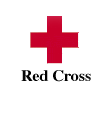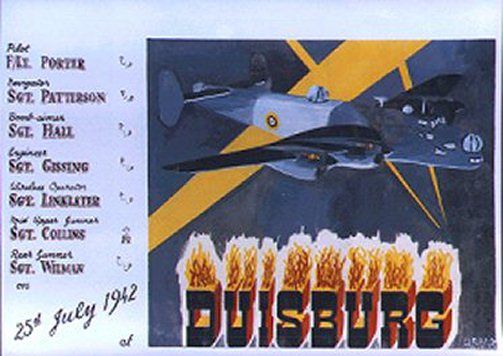 |
RATIONS etc |
 |
 |
RATIONS etc |
 |
As the
British had been in the Stalag two years when I arrived, [Presumably captured during Dunkirk.], there were many things
you could buy from little shops run by enterprising POWs. The currency was
cigarettes. You could get razor blades, army forks, spoons, the occasional good
butcher knife, various articles of clothing, books, etc. It was August when I
arrived, so it was still warm. Most of the chaps had lovely tans, since there
was little to do except lie around.
For recreation there were some soccer
balls, cricket bats and balls for sports. There were decks of cards, monopoly,
chess, cribbage boards, etc. which had been included in parcels from home or
brought into the Stalag by work-party men who had got them from civilians. There
were a few books, again from home parcels, it was always a difficult decision to
keep a book or use it for toilet paper or to burn it to heat water.
There
was an acting group, a choir, a band, and church services on Sundays. Classes
were always starting on various subjects but they generally lasted a week or so
and then stopped as attendance was good at the start but dropped off very
quickly. There was a hospital staffed by POW doctors and medical people and a
jail house "the bunker .
There were over 25,000 POWs, most of whom were
on work-parties. Under Geneva Convention rules N.C.O.'s did not have to work,
and as air crew were at least sergeants or higher we did not go on work-parties.
There was a continual movement of work-parties in and out of the camp. As these
parties interacted with civilians they would trade cigarettes, coffee,
chocolate, woolen items to the German civilians for things such as cutlery,
scissors, etc. and of course food - mainly bread. These items were smuggled into
the camp by returning parties and then traded to the people who stayed in the
camp.
In the barracks two or more men would "muck-in which meant they
pooled their food and they were special buddies. The Englishmen called them
"oppos" . How or why "oppos I don't know, but I surmise it was mainly because
opposites attract. When I arrived I "mucked-in" with Joe Gissing, the Flight
Engineer from our crew, for a week or so. Then we split up and a Canadian Pilot
Johnny Kormylo from Regina took me into his combine which consisted of his all
English crew; Dennis Taylor, Observer; Lawrence Sibbirig, Wireless Operator and
Les Nichols, Tail Gunner. They had been hit by a Flak Ship on their way home
over the Zieder Zee. Johnny was able to ditch the plane and they all got out.
Dennis' face was badly burned from the burning oil on the waters surface. This
frequently happened to crews when they ditched (Ditching refers to forced
landing on water). They all had flak wounds, and had been hospitalized but they
were all at Lamsdorf when I arrived.
Johnny was very handy and he had
built an excellent little stove from the tin cans. These stoves were very
ingenious, all you needed was a pair of scissors to cut and shape the tins. Then
you would roil the edges over so the edges could lock and they were then pounded
together. For pounding, a stone and the concrete floor was used. Then a tin can
chimney was made, exhausting outside through a broken window or by making a hole
in the central heating oven.
 Previous Section |
 Go Back to Chapter Headings |
 Next Section |